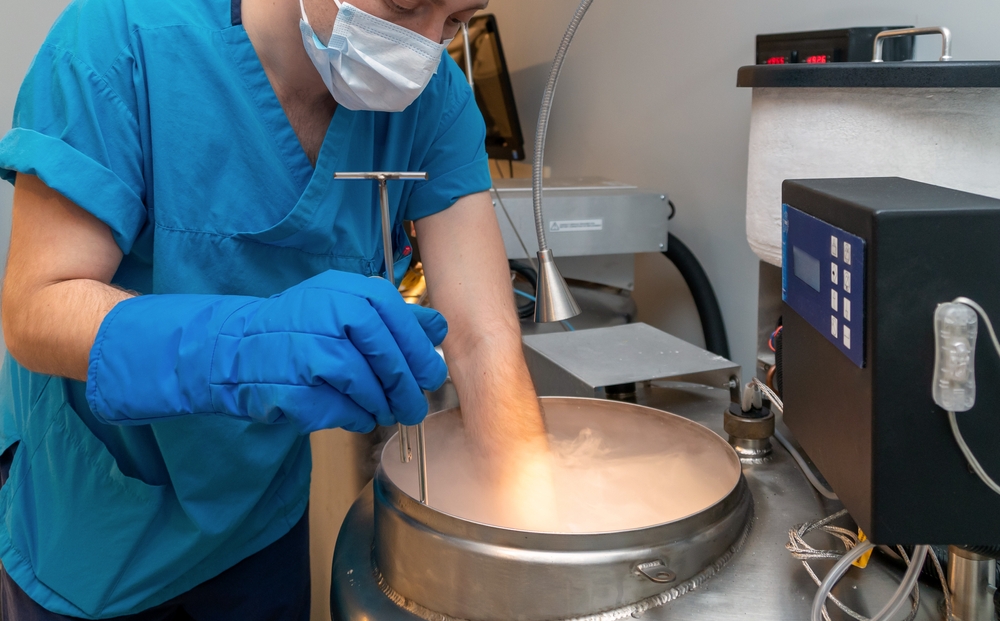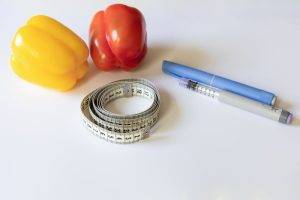A 41-year-old man from the Netherlands has allegedly fathered more than 500 children through sperm donations, leading to one mother suing the court to stop further reproduction.
The Donorkind Foundation, an organization that helps children born via sperm donations, revealed that the serial donor had given his sperm nationally and internationally. The news has sparked a debate on the laws and regulations governing sperm donation worldwide, especially in Asia, where sperm donation is less common and often not discussed.
Impact in Asia
Sperm donation laws in Asian countries are not uniform, with many having limitations on the number of children a donor can father. In Japan, for instance, a donor can only father up to five children, while in China, the limit is 20. India does not have a legal limit, but clinics must maintain records to ensure that children born of the same donor do not marry each other in the future. However, some countries such as Pakistan, Sri Lanka, and Malaysia prohibit sperm donation entirely due to religious beliefs.
The case of the Dutch donor, who allegedly fathered more than 500 children, raises concerns about the lack of regulations in some countries and the need for more stringent guidelines in others. Experts in the field suggest that clear regulations should be in place to avoid such scenarios and to ensure that the best interests of the child are protected.
Debate on Anonymity
Donorkind Foundation is now fighting against keeping donors anonymous as it makes it challenging to control the number of children fathered by each donor. The foundation argues that anonymity goes against the right of the child, as it makes it difficult to trace their biological roots. In some Asian countries, such as China, sperm donors remain anonymous, and many parents prefer it this way due to the cultural stigma surrounding infertility.
Destroying Stored Samples
The Donorkind Foundation is also requesting the Netherlands to destroy any samples the donor has stored, except those used by women who have already had a baby via his donation and would like to give a sibling to their child. Experts suggest that destroying samples is vital to control the number of children fathered by a single donor, as it will prevent future legal battles.
Conclusion
The case of the Dutch donor fathering over 500 children raises concerns about the regulations governing sperm donation worldwide. While many countries have established guidelines to avoid possible incest and psychological problems, some countries still lack clear regulations, resulting in scenarios such as the one in the Netherlands. The Donorkind Foundation’s efforts to fight against keeping donors anonymous and to destroy samples have ignited a debate on the best way to regulate sperm donation to protect the child’s best interests.














